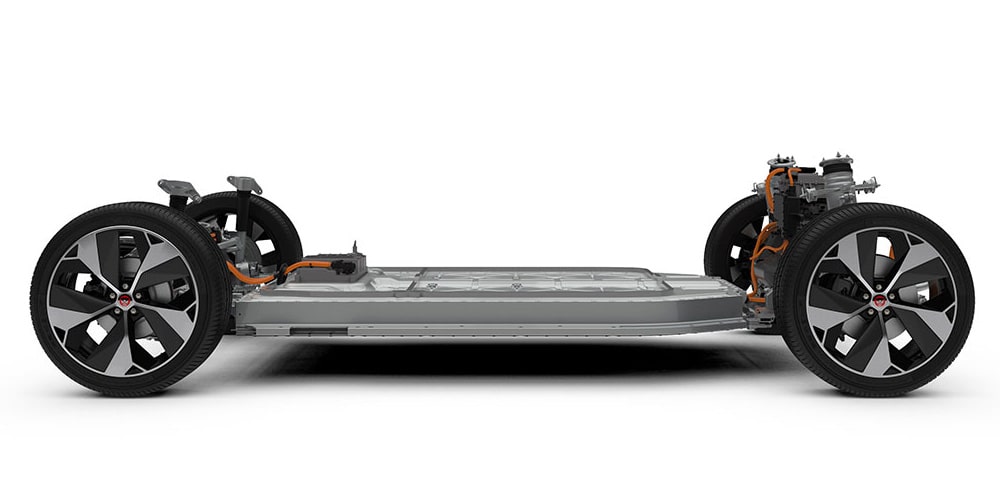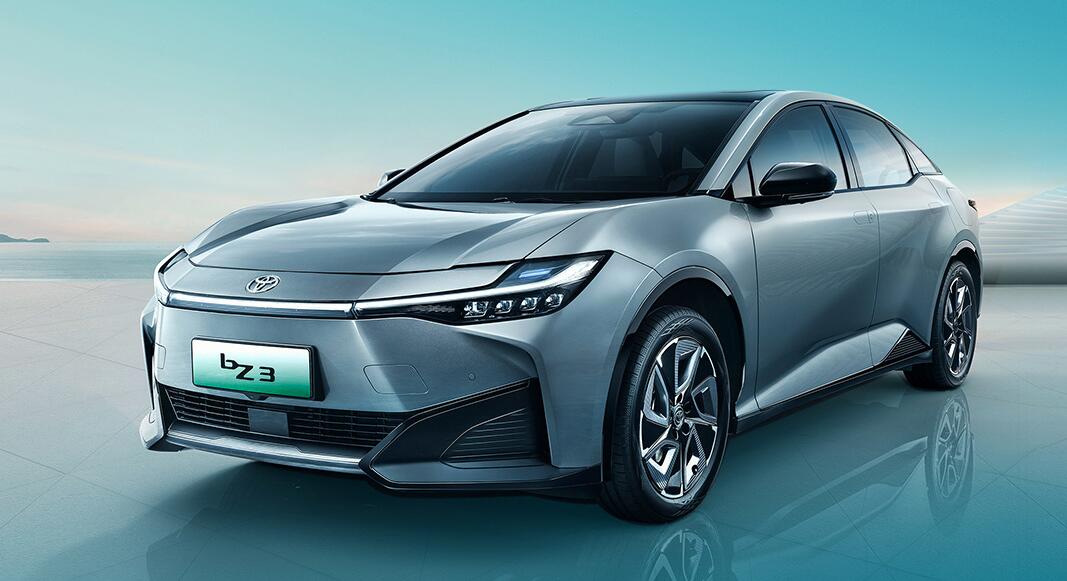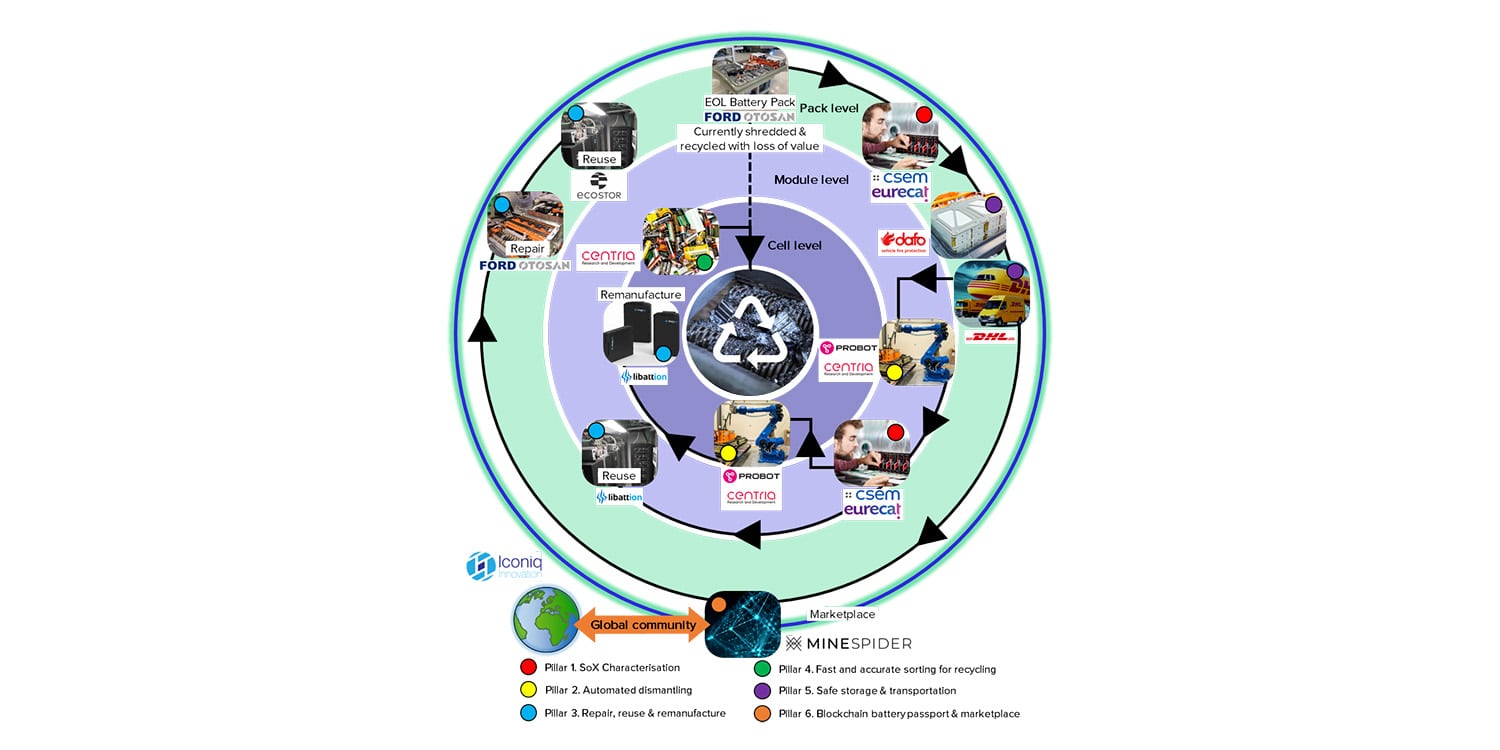In a significant move towards a greener and more sustainable future, the EU Parliament has given its approval to a set of new regulations aimed at enhancing the durability, sustainability, and performance of batteries. Once formally endorsed by the European Council, these rules will have a profound impact on the design, production, and waste management of all types of batteries sold within the EU.
The surge in demand for batteries in Europe is expected to be driven by the projected 30 million electric vehicles that EU citizens will be using by 2030. To ensure that this growing demand is met with environmentally friendly solutions, the new regulations will enforce the use of greener batteries with reduced emissions, incorporating recycled materials in their production.
Under the new rules, light means of transport (LMT) batteries, including those used in electric scooters and bikes, as well as rechargeable industrial batteries, will be required to declare and label their carbon footprint. This measure aims to promote transparency and enable consumers to make informed choices regarding the environmental impact of these batteries.
Recognizing the environmental and social implications associated with the importation of critical raw materials, which are crucial for battery manufacturing, the regulations will mandate the use of minimum recycled cobalt, lithium, nickel, and lead, starting eight years after the rules come into effect.
Furthermore, the new rules include ambitious targets for EU member states to increase battery recycling rates. By 2027, the target is set at collecting 63% of portable batteries, with a further increase to 70% by 2030. This marks a significant rise from the previous target of 45%, which was largely achieved based on data from 2020.
MEP Achille Variati emphasized the comprehensive nature of the new legislation, stating that it represents the first instance of circular economy regulations covering the entire life-cycle of a product. This approach not only benefits the environment but also holds economic advantages.
The approval of these regulations paves the way for a more sustainable and responsible battery industry in Europe. By prioritizing durability, sustainability, and performance, while also promoting recycling and reducing emissions, the EU is taking a significant step towards a greener future.







